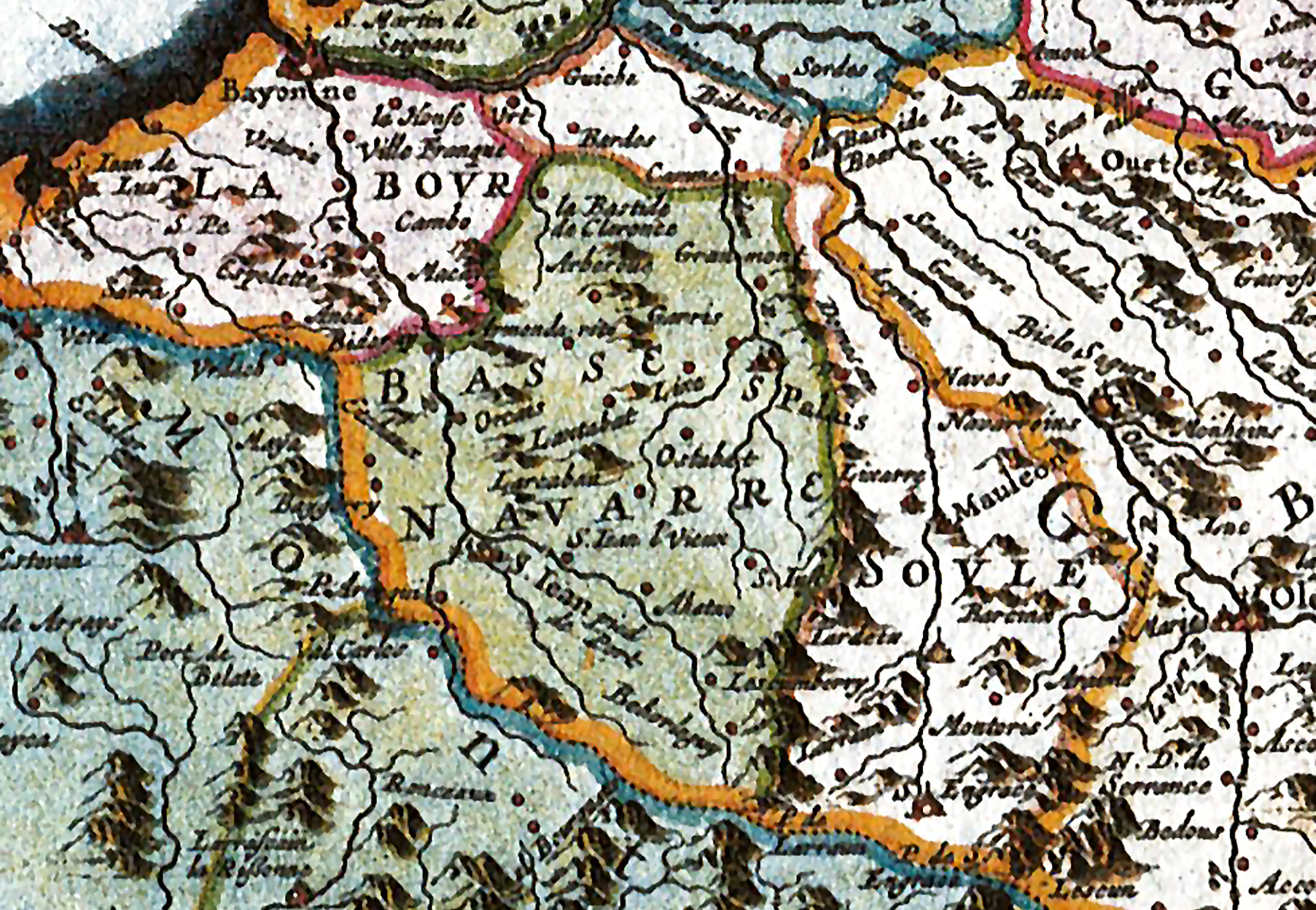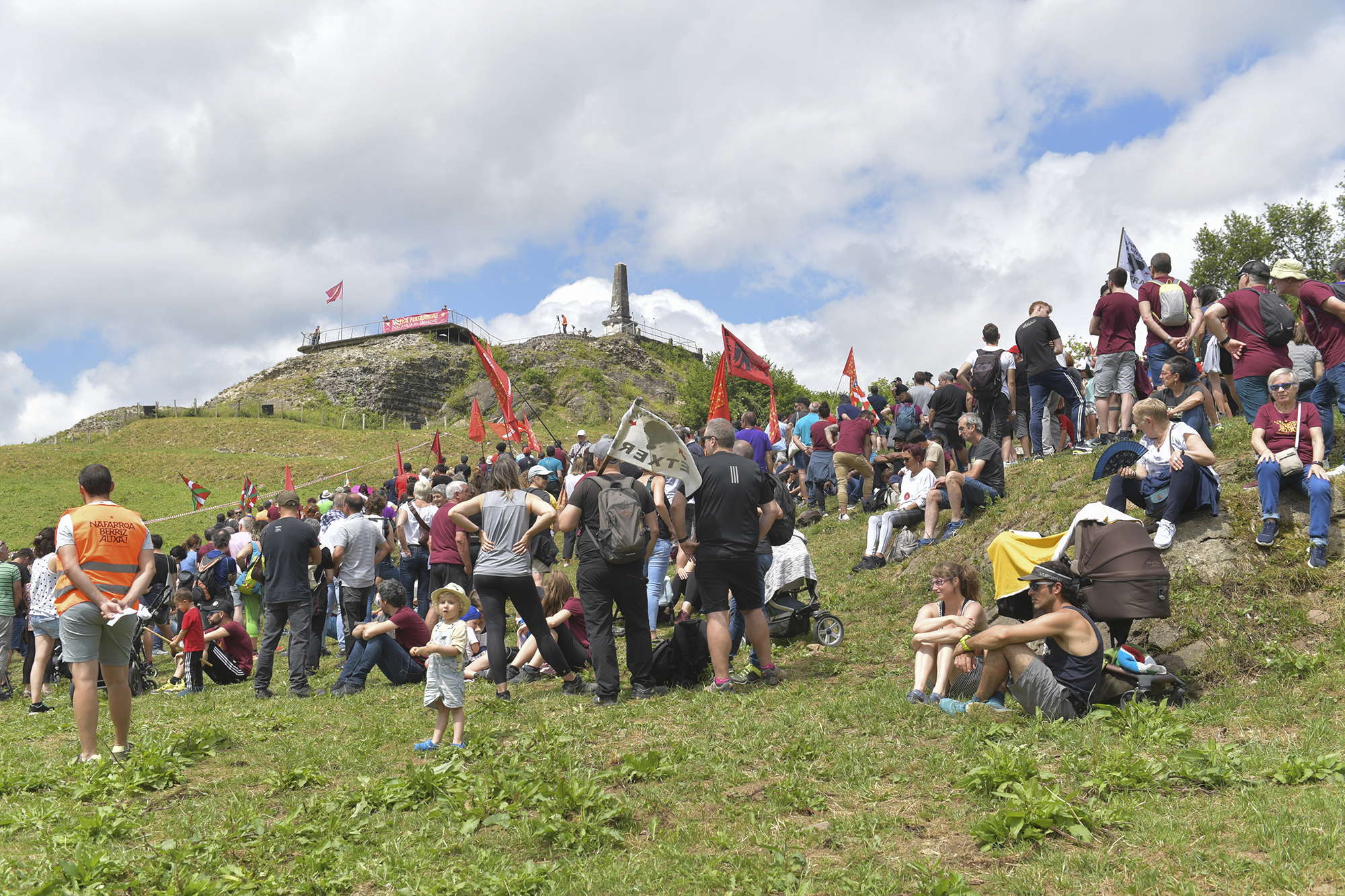Among the politicians, if someone is a playwright, it is Roberto Jiménez, vice-president of Navarra and secretary general of the PSN. It seems as if, after having won the congress of his party, he had rushed over the foams. But he himself has been much more opposed than he expected; instead of having the support of 80% of the Socialist representatives, he has barely got 60%. On this occasion, Campillo has been his rival. Campillo knew that he was not going to be a secretary, but it was a sign of the party’s internal indignation and the indignation that has been generated in Navarre society by the cuts and the great and serious disgovernment.
Every time the Rajoy Government imposes cuts, the Vice-President immediately appears to journalists to proudly say that there will be no cuts in Navarre. The UPN's own people recognize in a low voice that it is a farce and that, after the great voice, Jiménez is appealing to her former friend Barcina and the opinion of UPN triumphs. Society has the same suspicion and, now at the elections, the Socialist Party would take up a maximum of five or six seats, according to the surveys they run themselves. The cuts have therefore harmed the SNP, not so much the UPN, as Barcina knows. But there are many members of the PSN executive who are officials in the Government and who will endure it at all costs. For the time being, the majority of participants are in favour, but the number of adversaries is on the increase and it would be enough for a sector within the PSN to change its attitude to hit the Jiménez bench. For the time being, members of the Lizarbe group are in favour, who have long arrived from the ORT (fortified in Pamplona) and a branch of Euskadiko Ezkerra. By contrast, most groups in the Ribera, some historical affiliates (Tajadura, Balduz) and others. In UGT, on the contrary, there is everything. There is a lack of a prestige driver who combines people against it. Who? Who came out of the decline of the SNP? Has anyone retained their reputation? A name that has a certain entity is Fernando Puras, a candidate for lehendakari in 2007 and a supporter of reaching an agreement with NaBai. Being rejected from Madrid, he at least resigned and went to the corner of his house fleeing the charges.
Meanwhile, Barcina learns of Jimenez's weakness and, in case, has his eyes set on pp. Disappeared from Navarre, in Madrid he spends more and more days among the microns of right-wing journalists to keep looking after his image and make the most of the Tolosa cakes. In Madrid, moreover, the side has been played to leave its mark on the Congress that pp has just celebrated in the Foral Community. It is well known that Barcina and Cervera do not get along with anything. In Congress, however, the man who has gone out to replace Cervera is doing very well with UPN. So not immediately, but who knows if the elections will not be held in 2013. This is suspected by the three coalitions of the opposition: Amaiur, Geroa Bai and Left-Ezkerra. What happens is that the desolation of the PSN will not be enough to bring about change, because society has to see that there is a real alternative. Recently, there has been progress; that is, the Abertzale Left has acknowledged the strength of Geroa Bai and has acknowledged that, in addition, Geroa Bai has the opportunity to influence Navarre. It's no small thing.
Immersed in the war against the community lords and churches, in 1521, Castile obtained the help of his brother-in-law Enrique de Navarra II.ak, King Francisco I of France, to recover the kingdom of Navarre invaded, conquered and occupied nine years earlier.
Parents Enrike... [+]
Memoria eta aldarrikapen eguna izan da larunbatean Amikuzeko hiriburuan. "Sekulan baino gehiago, gure izanetik aurkitu indarraz, bihar gu girena hazi", izan dira Zabalik elkarteko presidentearen hitzak, Nafarroa Bizirik eguneko ekitaldi ofizialean.
The ideological heirs of the conquerors of the Kingdom of Navarra are today the political parties that manage means such as patriarchal intellectual production and EITB. These heirs continue with the colonization process of Navarre, distorting historical contexts and negating... [+]
The castle of Amaiur (1522), in Baztán, was the last strength of the resistance against the Spanish conquest of the Kingdom of Navarra. The rebels, with their courage, also dominated the kingdom of Spain, challenged by their hearts, sought to rise up against the... [+]
You will easily see Spaniards of a certain age who want to underestimate or reduce the severity of something: “More was lost in Cuba,” recalling the loss of the remains of the colonial empire in 1898. Hungarians also have a similar expression, which is used in the same sense... [+]


















